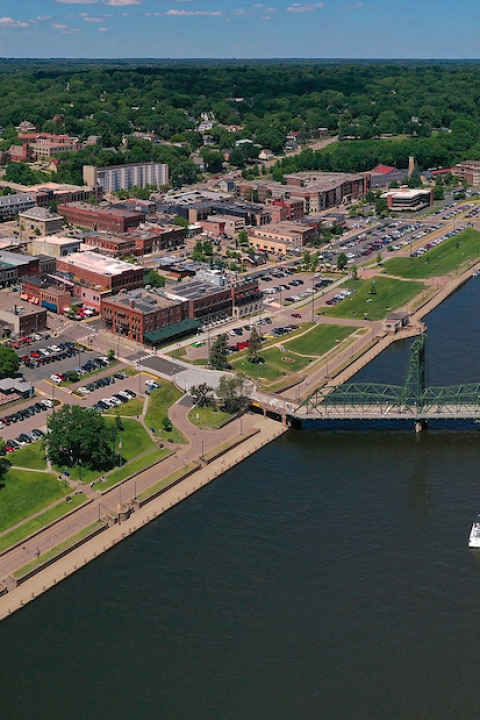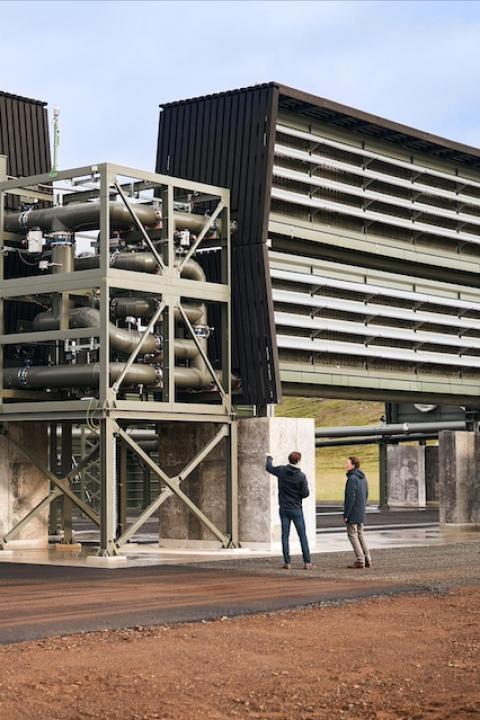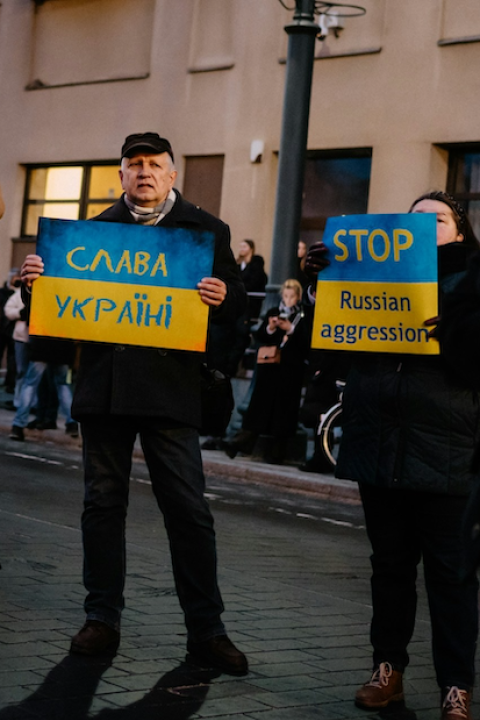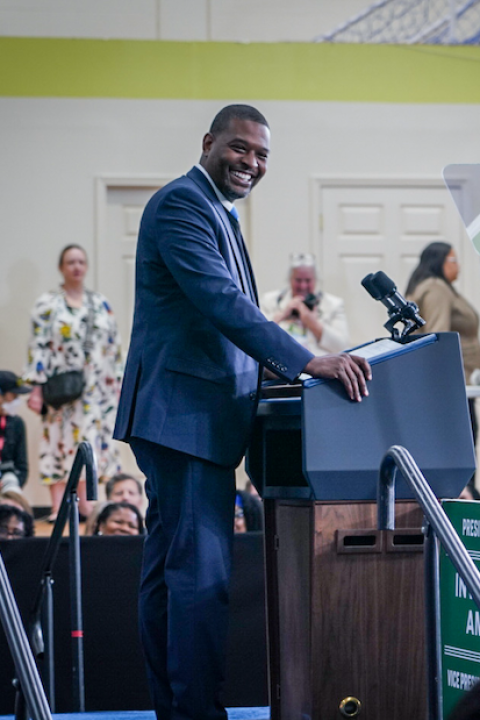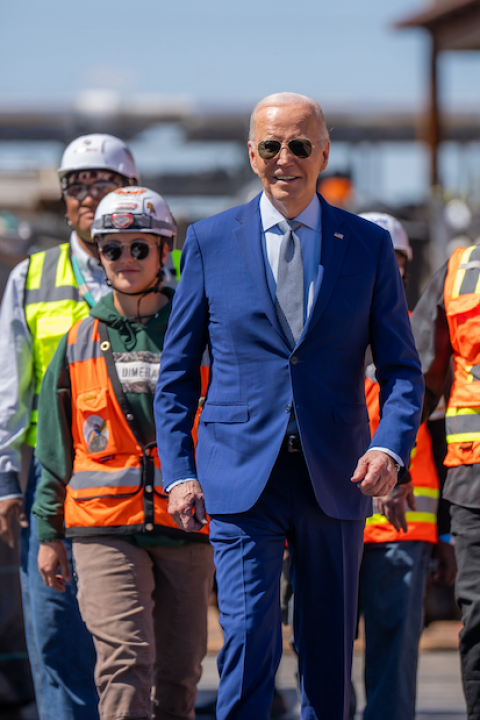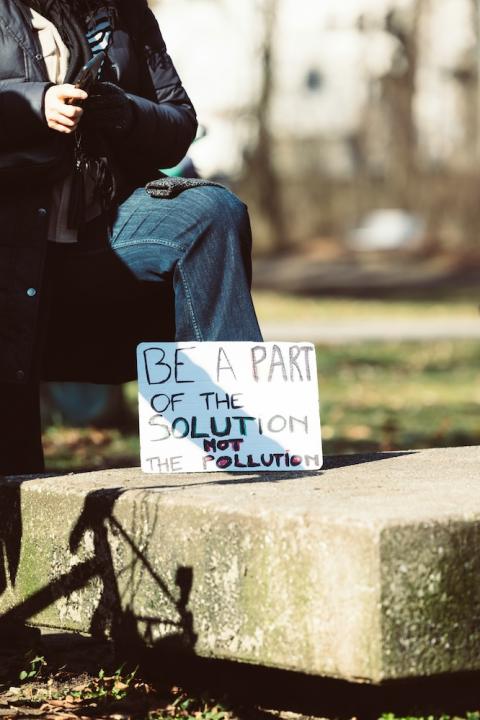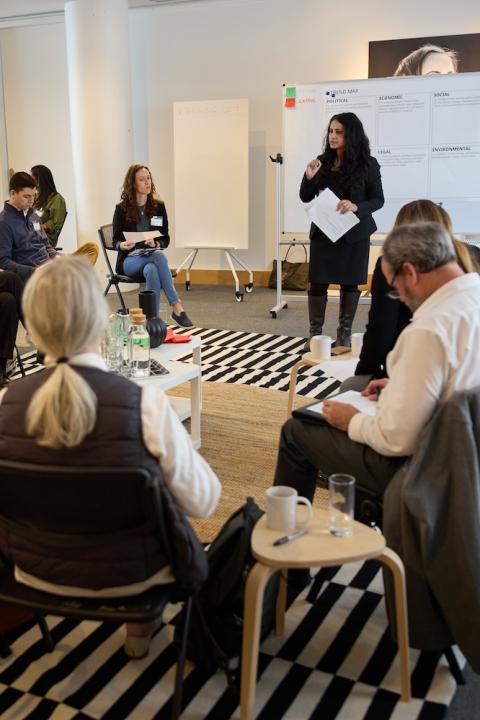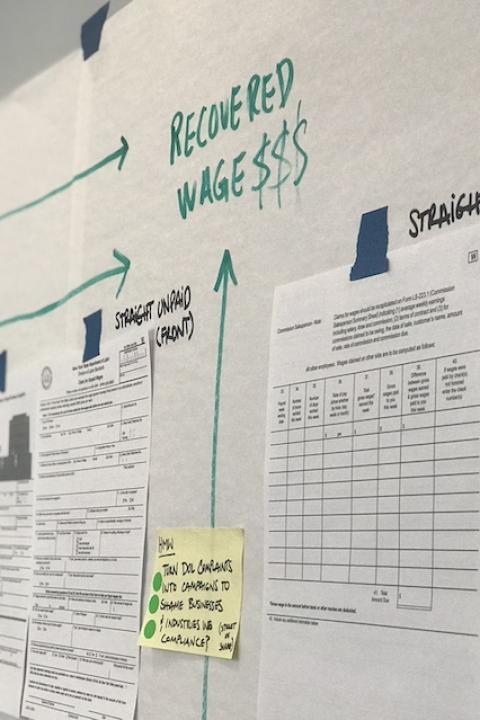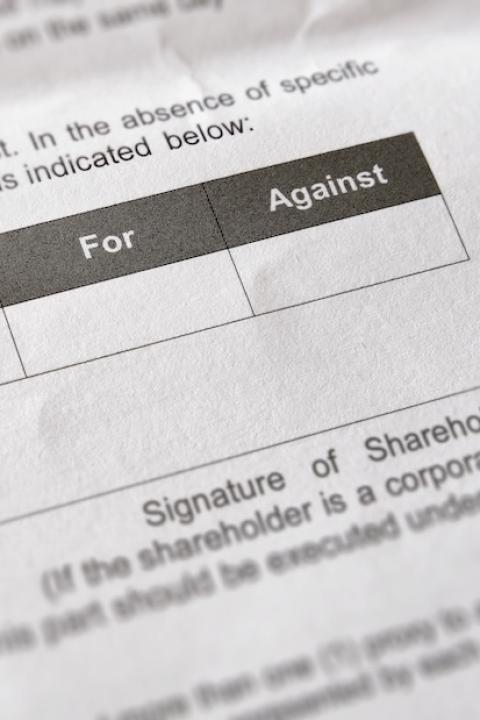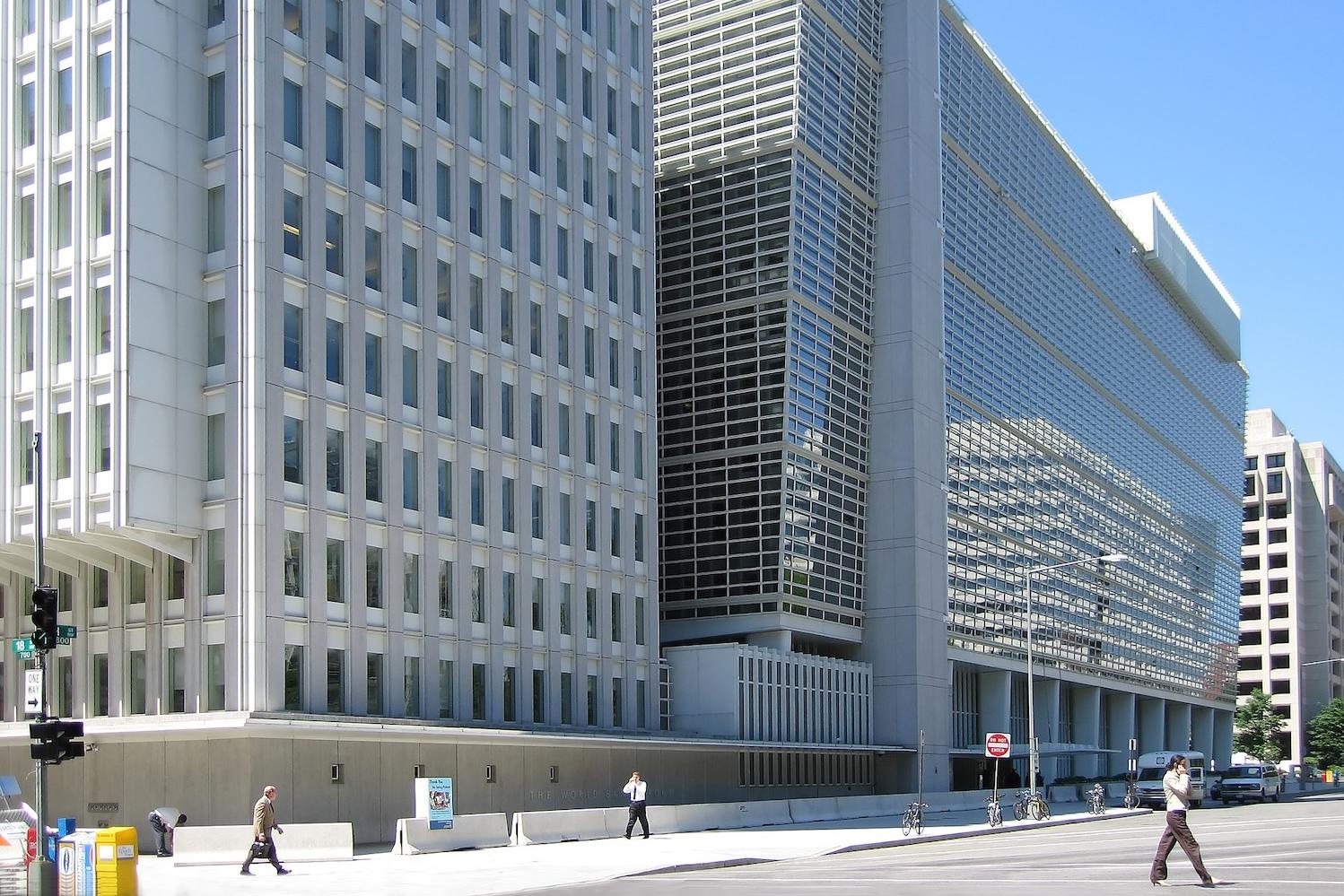
The World Bank Group headquarters in Washington, D.C. (Image: Kohn Pedersen Fox/Wikimedia Commons)
The devastating child abuse and subsequent cover-up that occurred at Kenyan schools funded by the International Finance Corporation (IFC), the private-sector arm of the World Bank, shocked the global community. News of the wrongdoing was highlighted in media reports last year and confirmed recently by the IFC’s accountability mechanism. After significant pressure, World Bank Group President Ajay Banga finally apologized last month for the IFC's actions with regard to the Bridge International Academies abuse and ordered an external investigation into the cover-up allegations.
This month’s World Bank Group spring meetings included discussions on the institution’s priority of becoming a bigger, faster bank with more money to do its work. This investigation needs to be a priority for the bank. Simply put, we cannot trust the IFC to be a responsible investor that deserves more money from donors until this investigation is complete and concrete recommendations are made to prevent something like this from occurring again.
The IFC has an accountability mechanism, the Compliance Advisor Ombudsman (CAO), where communities can raise concerns about the environmental, social, human rights impacts of IFC projects. This office is supposed to be independent from IFC management so that conflicts of interest will not hamper the thorough handling of complaints. The Ombudsman office did an investigation into the IFC’s investment in Bridge International Academies and found the IFC non-compliant with its obligations to due diligence around the risk of child sexual abuse in the Bridge schools. However, in the course of the Ombudsman’s investigation of harms caused by the project, IFC management and general counsel allegedly engaged in efforts to undermine the investigation and “neutralize” the lead investigator.
The World Bank Group is currently pushing for more resources to tackle climate change and other global crises. But how can the institution be trusted to do this work if its accountability structures are being undermined? As an advocate working with communities who have been harmed by projects by the IFC and other multilateral institutions, I know that the Bridge case is not the last complaint that the CAO will receive on IFC projects. Thus the stakes of this external investigation are high.
In order to rebuild trust in the institution, the Bridge cover-up investigation must be robust. Crucially, it must be independent from IFC management so that it can effectively investigate these disturbing allegations. In a letter sent to the World Bank Group leadership in November, 35 civil society organizations around the world — including my own — detailed what it would mean for such an investigation to be thorough. Our recommendations included investigation into alleged retaliation against CAO staff, and whether material that was critical of IFC and Bridge was unjustifiably removed from the Ombudsman's report. Additionally, investigators must have access to all relevant documents and to IFC staff and other stakeholders.
Importantly, if this investigation confirms that a cover-up occurred, meaningful change must happen to ensure that CAO can effectively do its work. The investigation team must have the power to recommend changes that would address any ongoing impacts on the effectiveness of the CAO, including those related to the Bridge investigation. These include the underlying, systemic causes of the alleged interference in the CAO process, such as the use of non-disclosure agreements, management’s participation in the selection process for the CAO leadership, the inadequate application of whistleblower protections, and IFC management’s interest in limiting its accountability to project-affected communities. Furthermore, the investigation report, recommendations, and implementation of these recommendations must be transparent.
After the shock, heartbreak, and loss of trust resulting from the abuse and alleged cover-up, the World Bank Group needs to step up in a big way as it undertakes this investigation. In order to restore trust from not only communities impacted by IFC projects, but also from shareholder governments and other stakeholders, it must show that it is taking this investigation seriously and conduct these proceedings with the utmost integrity and care. Otherwise, the global community does not have reason to trust IFC moving forward.
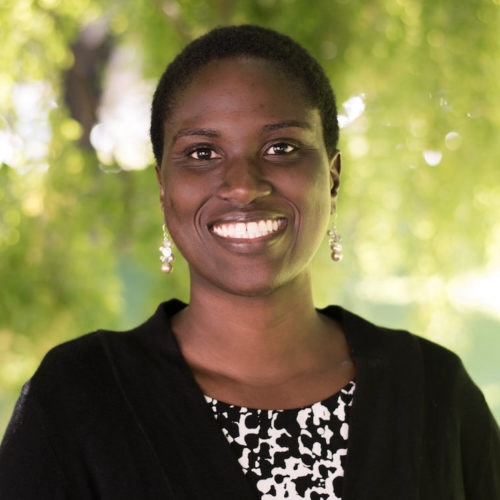
Stephanie Amoako is Policy Director with Accountability Counsel, a legal nonprofit that represents communities globally who have been adversely impacted by development finance projects. She joined Accountability Counsel in 2016 in their Policy Advocacy program, which engages in efforts to protect human and environmental rights in internationally-financed projects.




